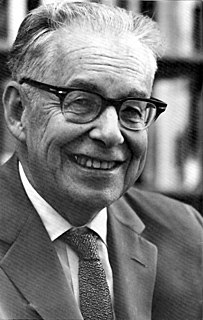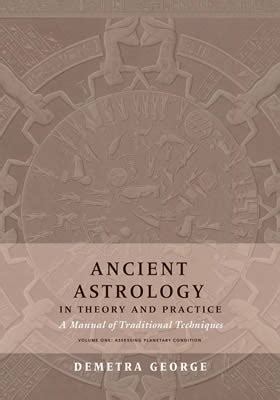A Quote by Walker Percy
The present age is demented. It is possessed by a sense of dislocation, a loss of personal identity, an alternating sentimentality and rage which, in an individual patient, could be characterized as dementia.
Related Quotes
When you go through hell, your own personal hell, and you have lost - loss of fame, loss of money, loss of career, loss of family, loss of love, loss of your own identity that I experienced in my own life - and you've been able to face the demons that have haunted you... I appreciate everything that I have.
As we see dislocation and disruption in certain parts of the country, from rural areas to my home in the industrial Midwest, and in the economy, this leads to a kind of disorientation and loss of community and identity. That void can be filled through constructive and positive things, like community involvement or family.
The desire of advising has a very extensive prevalence; and, since advice cannot be given but to those that will hear it, a patient listener is necessary to the accommodation of all those who desire to be confirmed in the opinion of their own wisdom: a patient listener, however, is not always to be had; the present age, whatever age is present, is so vitiated and disordered, that young people are readier to talk than to attend, and good counsel is only thrown away upon those who are full of their own perfections.
Because men have a history, it is difficult for them to imagine what it is like to grow up without one, or the sense of personal expansion that comes from discovering that we women have a worthy heritage. Along with pride often comes rage – rage that one has been deprived of such a significant knowledge.
In Tar Baby, the classic concept of the individual with a solid, coherent identity is eschewed for a model of identity which sees the individual as a kaleidoscope of heterogeneous impulses and desires, constructed from multiple forms of interaction with the world as a play of difference that cannot be completely comprehended.





































